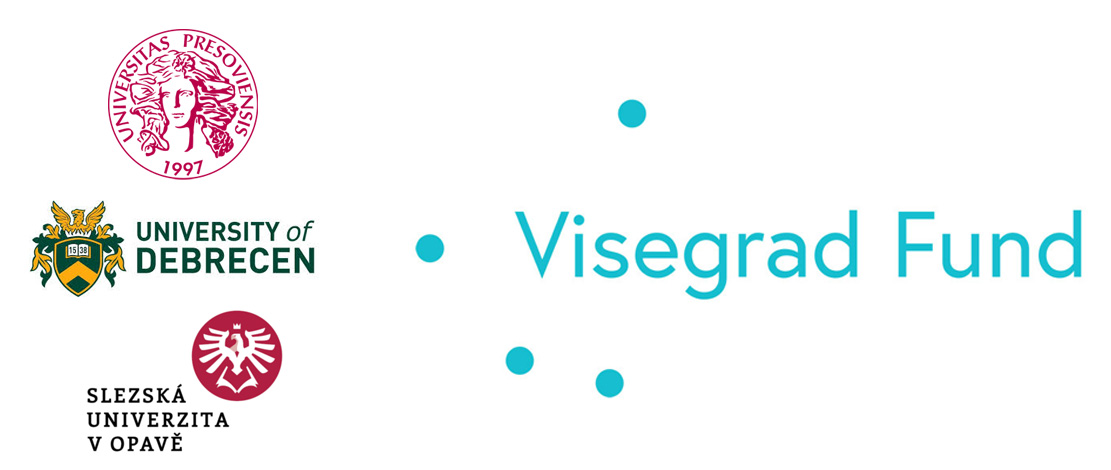
Analysis of Roma University Students Narratives - Examples of Good Practice of Mentoring (International Visegrad Fund, No. 21830131)
National report Pisa 2015 states that socially disadvantaged Roma pupils show less motivation for school success than pupils of parents with average socioeconomic status (SES). Report also mentions that students who perceived interest and support from their parents are achieving significantly higher school success and motivation for learning than pupils who did not perceived support. The Concept of education and training of Roma children and pupils of Ministry of Education, Science, Research and Sport of the Slovak republic (2008) mention that more than 40 % of Roma pupils achieve only primary education. In school year 2005/2006 there were 9.505 socially disadvantaged pupils from all 13.768 pupils who failed, and we assumed that at present the result will be very similar. However, many studies confirmed positive association between school success and social support (e. g. Levitt et al., 1994; Hamre, Pianta, 2005; Ahmed et al., 2010 etc.). Based on their findings, we can claim that behind the success of socially disadvantaged pupils is the person-mentor who gave him the support when he most needed it. Hamre and Pianta (2005) also found that especially pupils without social support in their family react well on interest and individual support of teacher and could get the most from the mentoring. In all V4 countries there is a set of support for these children at different levels – from system through nongovernmental organization to individualized forms, but school attendance seems to be the area with large mentoring opportunities.
The key task in improving the success of socially disadvantaged Roma pupils in school is the identification, characterization of those persons-mentors and analysis of their skills and crucial moments of support. Subsequently, the professionals, but also volunteers working with Roma pupils from disadvantaged environment, could be trained to become such supportive person for pupils. Based on the experiences with participation on the project a scholarship program for Roma high school students (Roma Education Fund), we have identified as the most important factor the relationship between a student and a mentor. We found it as the only functional aiding tool to change the pupil's attitude towards education. One of the tasks of the project is to mediate communication between the experts and, based on the sharing of experience, to create a functional procedure for the training of mentor teachers. The main aim of the project is to analyze life stories/narratives of university students coming from socially disadvantaged Roma communities with focusing on identification of significant supportive persons and analyzing good practice examples. Narratives will be compared between countries V4 and similarities and differences will be analyzed in the monograph.
Silesian University in Opava
https://www.slu.cz/fvp/cz/socialnizaclenovaniinformace
Debreceni Egyetem
http://cherd.unideb.hu/
March 2019
Opening partners meeting
Working group for education of Roma pupils on Government Office in Prague (Czech Republic)
April 2019
Active presentation on the conference Family, school and friends on the way to quality education (Opava, Czech republic)
May 2019
International Student Conference
Training of students
September 2019
Meeting with directors of schools
October 2019
Training of teachers
November 2019
Active presentation on the symposium What, how and why is it still in question in higher education? (Opava, Czech republic)
February 2020
Meeting with partners from University of Debrecén (Hungary)
The major outputs and deliverables of the project are:
Copyright © 2018 - Faculty of Education UoP in Presov